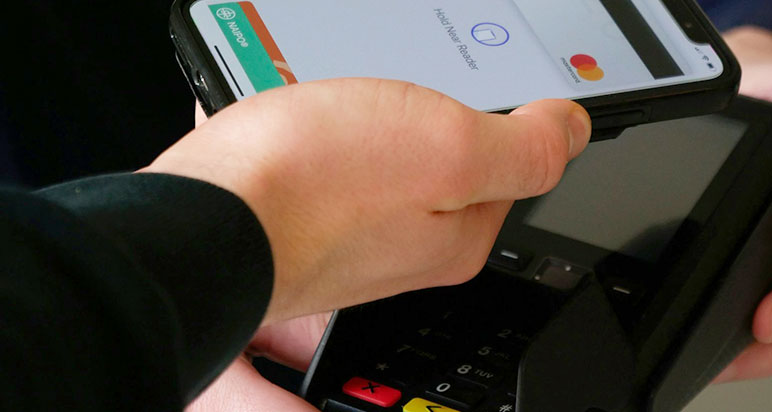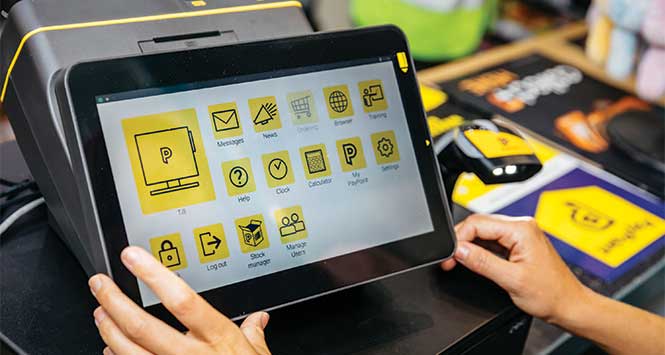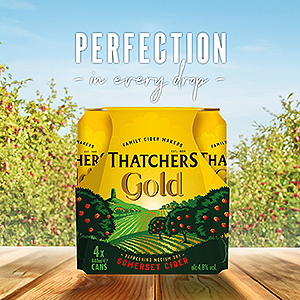Shopping at supermarkets grew by 7.5% year-on-year in January, new research reveals.
Barclays, which sees nearly half of the nation’s credit and debit card transactions, says the rise was primarily due to rising food prices and consumers committing to their New Year’s resolutions by cooking more from scratch instead of ordering fast food.
The research shows 27% of Brits are limiting the number of takeaways they order, which is one of the reasons why the takeaway category saw its lowest growth (9.0%) since May 2022.
In addition, the Barclays data shows that spending on essential items increased 8.3% – a sizeable uplift compared to December (5.1%). Spending on fuel (+9.3%) was slightly less than last month (+10.6%), likely due to falling petrol and diesel prices.
The figures show the cold snap in January led to more Brits switching on or turning up their heating, with spending on utilities up 44.75% – the highest rate of growth since Barclays began tracking this data in April 2022. This comes as 64% of consumers say they are finding ways to save energy at home, with radiators (52%), lights (47%), and ovens (46%) topping the list of appliances that Brits are using less often in order to save money.
Pubs, bars and clubs also enjoyed a boost (18.1%) – the category’s biggest uplift since May 2022 – while restaurants saw a noticeable improvement compared to December (up 4.7% versus a decline of -3.9%).
Despite the cost-of-living squeeze, the majority of consumers say they are confident in their household finances and ability to live within their means each month (63% and 70%, respectively) – with figures reaching their highest levels since July 2022. However, the percentage of Brits who say they are concerned about rising household bills is unchanged at 92%.
Silvia Ardagna, Head of European Economics Research at Barclays, said: “The recent rise in UK card spending is due in large part to inflation, base effects from last year’s Plan B restrictions, and probably some statistical effects resulting from the strikes.
“Looking ahead, we think that the UK economy is likely to contract in the first quarter, as demand drops in real terms due to the loss in household purchasing power, as well as rising energy and mortgage bills. However, the silver lining is that the labour market remains tight, with low unemployment and elevated wage growth.”







